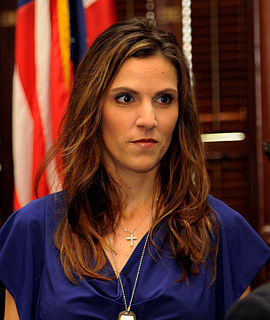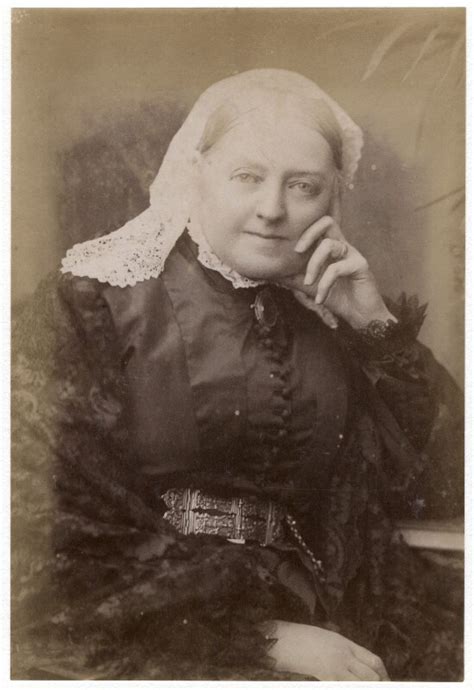A Quote by Edward Dahlberg
We can only write well about our sins because it is too difficult to recall a virtuous act or even whether it was the result of good or evil motives.
Related Quotes
When one has once accepted and absorbed Evil, it no longer demands the unfitness of the means. The ulterior motives with which youabsorb and assimilate Evil are not your own but those of Evil.... Evil is whatever distracts. Evil knows of the Good, but Good does not know of Evil. Knowledge of oneself is something only Evil has. One means that Evil has is the dialogue.... One cannot pay Evil in installments--and one always keeps on trying to.
To disguise nothing, to conceal nothing, to write about those things that are closest to our pain, our happiness; to write about our sexual clumsiness, the agonies of Tantalus, the depth of our discouragement-what we glimpse in our dreams-our despair. To write about the foolish agonies of anxiety, the refreshment of our strength when these are ended; to write about our painful search for self, jeopardized by a stranger in the post office, a half-seen face in a train window, to write about the continents and populations of our dreams, about love and death, good and evil, the end of the world.
Do your neighbour good by all means in your power, moral as well as physical - by kindness, by patience, by unflinching resistance against every outward evil - by the silent preaching of your own contrary life. But if the only good you can do him is by talking at him, or about him - nay, even to him, if it be in a self-satisfied, super-virtuous style - such as I earnestly hope the present writer is not doing - you had much better leave him alone.
In the story of the Creation we read: ". . . And behold, it was very good." But, in the passage where Moses reproves Israel, the verse says: "See, I have set before thee this day life and good, and death and evil." Where did the evil come from? Evil too is good. It is the lowest rung of perfect goodness. If you do good deeds, even evil will become good; but if you sin, evil will really become evil.
Too many poets write poems which are only difficult on the surface, difficult because the dramatic situation is easily misunderstood. It's not difficult to write poems that are misunderstood. A drunk, a three-year-old-they are easily misunderstood. What is difficult is being clear and mysterious at the same time. The dramatic situation needs to be as clear in a poem as it is in a piece of good journalism. The why is part of the mystery, but the who, what, where, and when should all be understood.
Evil is easily discovered; there is an infinite variety; good is almost unique. But some kinds of evil are almost as difficult to discover as that which we call good; and often particular evil of this class passes for good. It needs even a certain greatness of soul to attain to this, as to that which is good.
Any negative review you write, they'll say, "Oh, you're being so mean." I think the problem with a lot of criticism is that too many critics either write just description or they write in a Mandarin jargon that only a handful of people can understand, or they write happy criticis - everything is good that they write about. I think that's really not good. I think it's damaged a lot of our critical voices.
I've learned that the universe doesn't care what our motives are, only our actions. So we should do things that will bring about good, even if there is an element of selfishness involved. Like the kids at my school might join the Key Club or Future Buisness Leaders of America, because it's a social thing and looks good on their record, not because they really want to volunteer at the nursing home. But the people at the nursing home still benefit from it, so it's better that the kids do it than not do it. And if they never did it, then they wouldn't find out that they actually liked it.
Sex is hard to write about because you lose the universal and succumb to the particular. We all have our different favorites. Good sex is impossible to write about. Lawrence and Updike have given it their all, and the result is still uneasy and unsure. It may be that good sex is something fiction just can't do - like dreams. Most of the sex in my novels is absolutely disastrous. Sex can be funny, but not very sexy.
Husbands are not Christ. But they are called to be like him. And the specific point of likeness is the husband's readiness to suffer for his wife's good without threatening or abusing her. This includes suffering to protect her from any outside forces that would harm her, as well as suffering disappointments of abuses even from her. This kind of love is possible because Christ died for both husband and wife. Their sins are forgiven. Neither needs to make the other suffer for sins. Christ has borne that suffering. Now as two sinful and forgiven people we can return good for evil.
Fasting with a pure heart and motives, I have discovered, brings personal revival and adds power to our prayers. Personal revival occurs because fasting is an act of humility. Fasting gives opportunity for deeper humility as we recognize our sins, repent, receive God's forgiveness, and experience His cleansing of our soul and spirit. Fasting also demonstrates our love for God and our full confidence in His faithfulness.







































